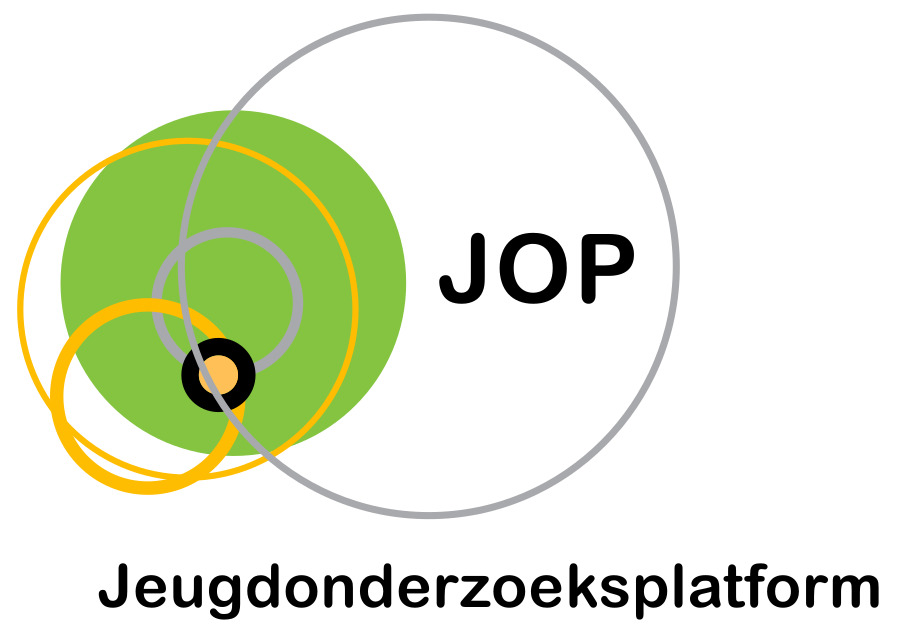Benevolent and hostile sexism in social spheres. The impact of parents, school and romance on Belgian adolescents’ sexist attitudes.
Auteurs
Mastari, L., Spruyt, B. & Siongers, J. (2019).

Abstract
Ondanks de publieke aandacht en politieke inzet, is gendergelijkheid tot op heden in Westerse samenleving nog niet volledig bewerkstelligt. Voorgaand onderzoek heeft aangetoond dat vijandige seksistische attitudes, die gegrond zijn in traditionele gender stereotypen, een sleutelrol spelen in de reproductie van genderongelijkheid. Hoewel zachtaardig (benevolent) en vijandig (hostile) seksisme reeds onderzocht zijn bij adolescenten, is er in voorgaand onderzoek beperkte aandacht gegaan naar sociale kenmerken om jongeren hun seksistische attitudes te begrijpen. In dit artikel werd nagegaan hoe de familie, school en romantische relaties verbonden zijn aan jongeren hun zachtaardige en vijandige seksistische attitudes. Hiervoor werd gesteund op data verzameld door het Jeugdonderzoeksplatform in 2013 en werden multivariate analyses gevoerd voor 755 ouder-kind paren (n♂ = 342; n♀ = 413). De resultaten tonen dat sociale kenmerken vooral een rol spelen om de variatie in meisjes hun zachtaardige seksistische attitudes te verklaren en jongens hun vijandige seksistische attitudes. Voor meisjes werd ook vastgesteld dat het hebben van een romantische partner en ouders die traditionele morele opvattingen hebben sterk verbonden is aan hun zachtaardige seksistische attitudes. Jongens die naar schoolgaan in het technisch of beroepssecundair onderwijs vertonen sterkere vijandige seksistische attitudes dan jongens uit het algemeen secundair onderwijs. In de conclusie wordt dieper ingegaan op de implicaties van dit onderzoek.
Despite growing public awareness and policy efforts, gender equality has not yet been fully established in Western societies. Previous research has shown that hostile and benevolent sexist attitudes, which are grounded in traditional gender stereotypes, play a key role in the reproduction of gender inequalities. Whereas, hostile and benevolent sexism among adolescents has been previously studied, limited attention has been paid to social characteristics in understanding the support for these attitudes. In this article, we aim to study how the family, the school and romantic partnerships relate to adolescents’ benevolent and hostile sexist attitudes. We relied on data gathered in 2013 by the Flemish Youth Research Platform and performed multivariate analyses on 755 parent-child dyads (n♂ = 342; n♀ = 413). Our results indicate that social characteristics especially matter to explain the variation in benevolent sexist attitudes among girls and hostile sexist attitudes among boys. Among girls, being in a romantic relationship and parents’ traditional moral beliefs was strongly related to benevolent sexism; while for boys, hostile sexism was strongly related to being enrolled in technical and vocational education. In the conclusion, we elaborate on the implications of our findings.
Referentie
Mastari, L., Spruyt, B. & Siongers, J. (2019). Benevolent and hostile sexism in social spheres. The impact of parents, school and romance on Belgian adolescents’ sexist attitudes. Frontiers Sociology, doi: 10.3389/fsoc.2019.00047.
Taal
Engels
Publicatievorm
Tijdschriftartikel
ISBN – DOI
10.3389/fsoc.2019.00047.
Trefwoord(en)
Zachtaardig seksisme, vijandig seksisme, seksistische attitudes, adolescenten, intergenerationele overdracht, sociale verschillen, sociologisch perspectief, gender stereotypen
